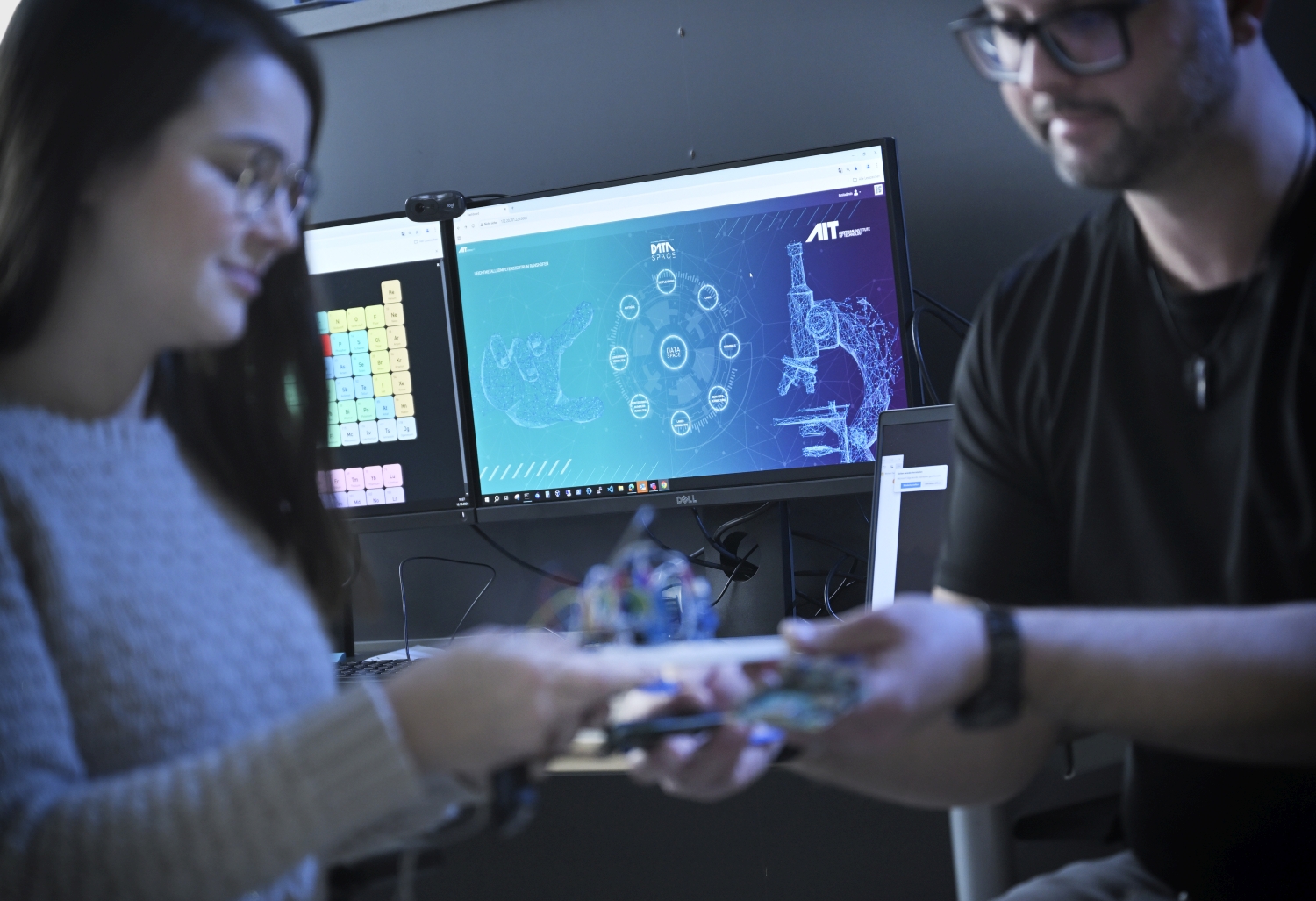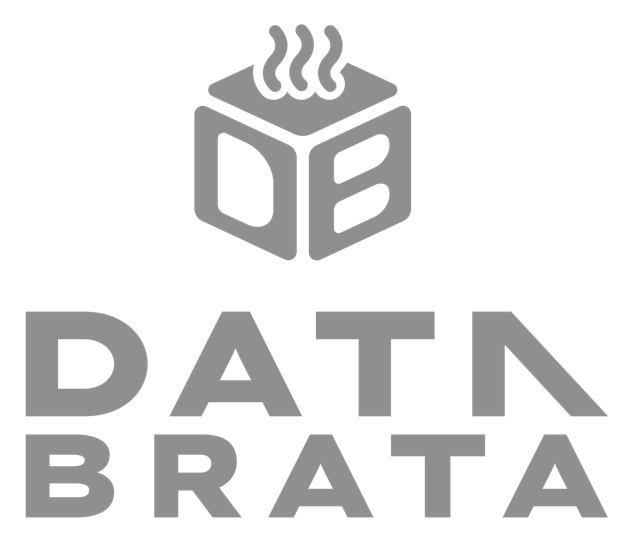A digital sensory system for production
How the LKR Leichtmetallkompetenzzentrum Ranshofen is using a mobile data and AI platform to make quality visible early on and processes measurably efficient
With DATA BRATA, the LKR Leichtmetallkompetenzzentrum Ranshofen is introducing a modular technology framework that integrates data analysis and machine learning directly into industrial processes. The system, currently in pilot operation, is designed as Function-as-a-Service (FaaS) and Research-as-a-Service (RaaS) – and is intended to enable small and medium-sized enterprises (SMEs) in particular to achieve data-driven quality and efficiency improvements without high implementation costs.
System principle: BRATA – Boxed, Reconfigurable, Adaptive, Transportable, Analysis
The name stands for a clearly structured system concept: Boxed, Reconfigurable, Adaptive, Transportable, Analysis. DATA BRATA is a mobile data and AI platform that docks directly onto machines, condenses signals in real time and derives concrete recommendations for action from them. The aim is to detect quality deviations at an early stage, minimise waste and use resources more efficiently – with minimal integration effort.
"DATA BRATA is designed to work like a digital sensory system: sensors see, hear and feel forces, paths, vibrations, acoustics and temperature. A time-synchronous data pipeline takes on the role of nerve pathways, and at the edge, AI condenses the signals into decisions", explains Michael Denk, technical manager of the project. The sequence is crucial: domain knowledge first, then sensor technology and data architecture, and finally AI. This is the only way to achieve reliable results without excessive overhead.
From experience to data depth: domain knowledge as a foundation
Comprehensive domain knowledge – from materials engineering, process engineering, electrical engineering and data science – forms the basis for a functioning system. Only when this expertise is systematically incorporated into architecture, sensor technology and modelling can AI models accurately map real process dynamics. DATA BRATA consistently follows this principle: the technology is designed not only to collect data, but also to interpret it in the context of physical relationships, thereby enabling reliable statements to be made about quality and process status.
Practical test at LKR: time-synchronous recording and machine learning
The system has already been tested on a 250-tonne hydraulic deep-drawing press at the LKR site in Ranshofen. Several thousand components were recorded and analysed in a time-synchronous manner. Deliberately introduced deviations – such as microcracks or differences in the raw material – served as a training basis for time series analyses and machine learning models.
“The results show clear early indicators of process deviations and tool wear – even before they reach the quality gate”, reports Dr Carina Schlögl, authorised signatory at LKR. “This allows material and energy consumption to be significantly reduced.”
The test series prove that the system can not only record process behaviour, but also interpret it. The combination of sensor technology, machine learning and domain-specific knowledge thus creates a basis for reliable predictions and sustainable process optimisation.
AI as a supplement to experiential knowledge
The underlying paradigm of “See. Hear. Feel.” is based on the human senses. What experienced production employees intuitively perceive is translated into digital patterns by sensor technology and AI. The aim is to supplement experiential knowledge and make it available – especially given that this knowledge is becoming increasingly difficult to secure in many companies.
By collecting data directly from the machine, consolidating it at the edge and visualising it in dashboards, a basis for continuous process evaluation is created. AI can compensate for fluctuations in human perception and provide objective, repeatable analyses. This makes specialist knowledge scalable and constantly available – regardless of the operator's daily form or experience.
Prospects for industry and SMEs
For industries such as metal processing, automotive and aerospace engineering, DATA BRATA opens up a practical path to real-time quality assurance. The framework is mobile, adaptive and scalable – it can be connected to existing systems and expanded step by step.
In the next development step, the LKR is looking for pilot and early adopter partners who will work with the research team to shape the transition to a higher Technology Readiness Level (TRL).
This will turn the pilot projects in Ranshofen into a concrete path to industrial series production – and contribute to systematically combining data competence, process understanding and AI application.






